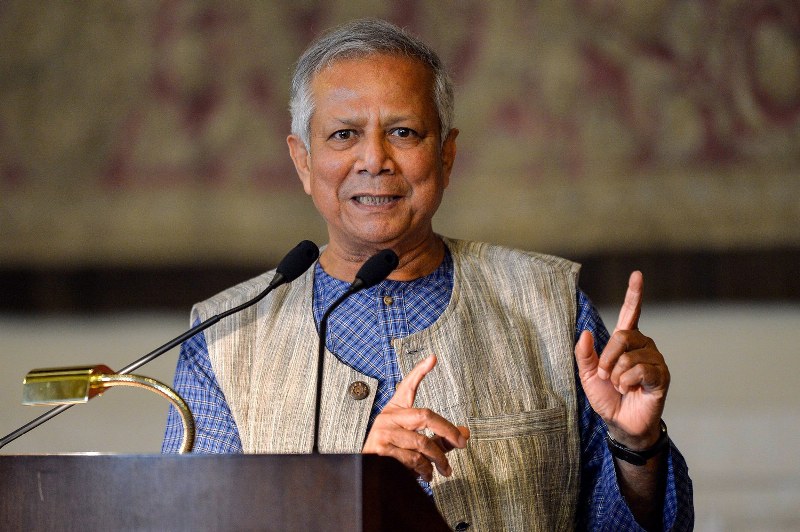Less than three weeks after a Mohammad Yunus-led interim regime took charge in Bangladesh following Sheikh Hasina’s exit, the new dispensation is beset with discord, dissension and disagreements over appointment to key positions, Northeast News has reliably learnt.
The latest in a “running episode” of disputes is the manner in which noted Bangladeshi political scientist Professor Ali Riaz is being sought to be excluded as an advisor in the interim government whose responsibility is to not only steer the conflict-ridden country out of the post-Hasina woods but also to usher in critical institutional reforms before free and fair elections are held.
Prof Riaz was considered to be among some key individuals who were initially considered as advisors. This list contained the names of economists, bankers, retired army generals, university professors, bureaucrats, civil society leaders and a host of social development sectors specialists.
While some close to Nobel laureate Mohammad Yunus were picked as advisors, others were excluded. “Selection problems arose right at the beginning when the names of at least three individuals with past financial taints were picked as advisors,” an insider said.
Brigadier General (retd) Sakhwat Hossain was abruptly moved as Textile and Jute advisor in less than a week after serving as the Home Affairs advisor after he publicly stated that the Awami League could be part of the political and electoral systems later.
However, it was Riaz’s exclusion that surprised many. Before landing in Dhaka on August 28, Riaz, a long-time trenchant critic of the Hasina regime, was offered at least three positions – that of Bangladesh’s ambassador to the United States, the country’s permanent representative to the United Nations and Dhaka University vice-chancellor.
Well-informed Bangladeshi sources said that Riaz turned down all three offers as he “wanted take on a role that would allow him to usher in meaningful political reforms”.
Riaz is a Distinguished Professor at the Department of Politics and Government at Illinois State University, and a non-resident senior fellow of the Atlantic Council. He is also the President of the American Institute of Bangladesh Studies (AIBS).
The offers were made to Riaz by noted Bangladeshi economist Wahiduddin Mahmud, who is a senior advisor in the interim government. Riaz, however, insisted that he would be best placed to serve Bangladesh a political advisor, considering his long-standing academic work on the country’s political systems and the reforms needed to give the country much-needed stability in the wake of the chaos following Hasina’s hasty departure in the face of a massive students-led protest.
The sources said that the “main stumbling block” in Riaz’s appointment is Dhaka University Professor (of Law) Asif Nazrul who is considered close to Yunus. The sources insisted that Nazrul, who is in charge of three ministries, including the key Law portfolio, “does not want the inclusion of any competent individual who could potentially challenge his position now and in the future”.
ALSO READ: Bangladesh’s dangerous swerve to the extreme right will have consequences
While it was not immediately known what transpired in Riaz’s meeting with Yunus, sources said that the Political Science professor “may now not want to be part of the interim government at all” and that he may “instead opt to play an external role”.
One source was quick to add that the “widening rift” within the interim government may impact adversely on a “new” Bangladesh’s attempts to provide political, economic and social stability in the short, medium and long terms.















